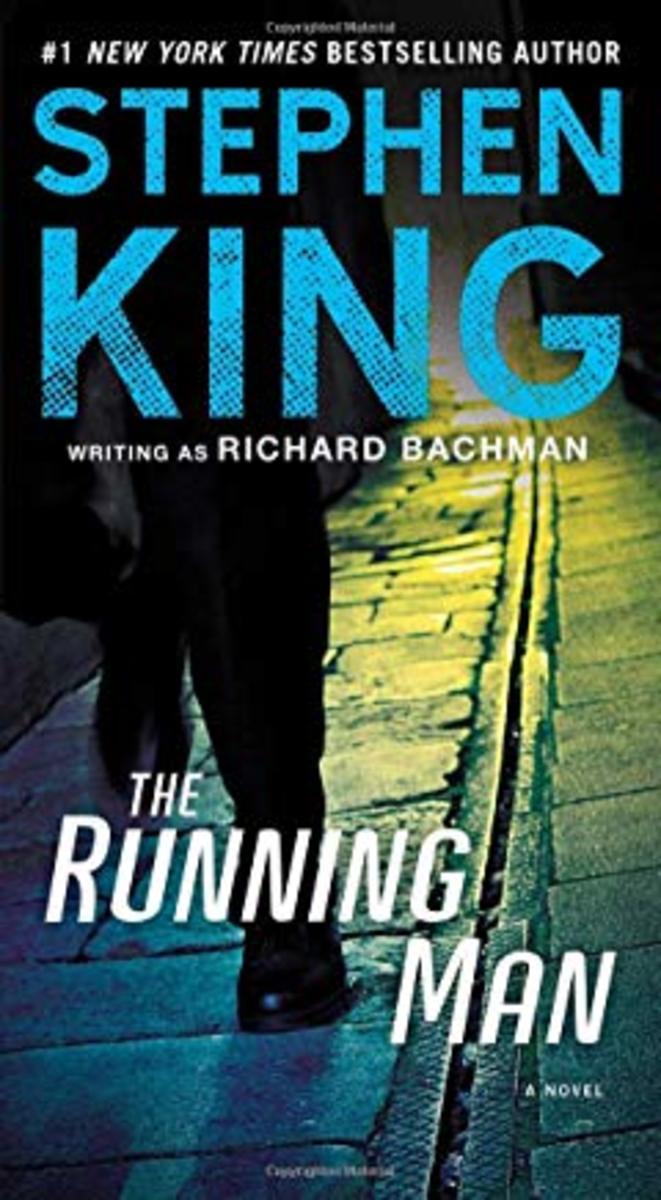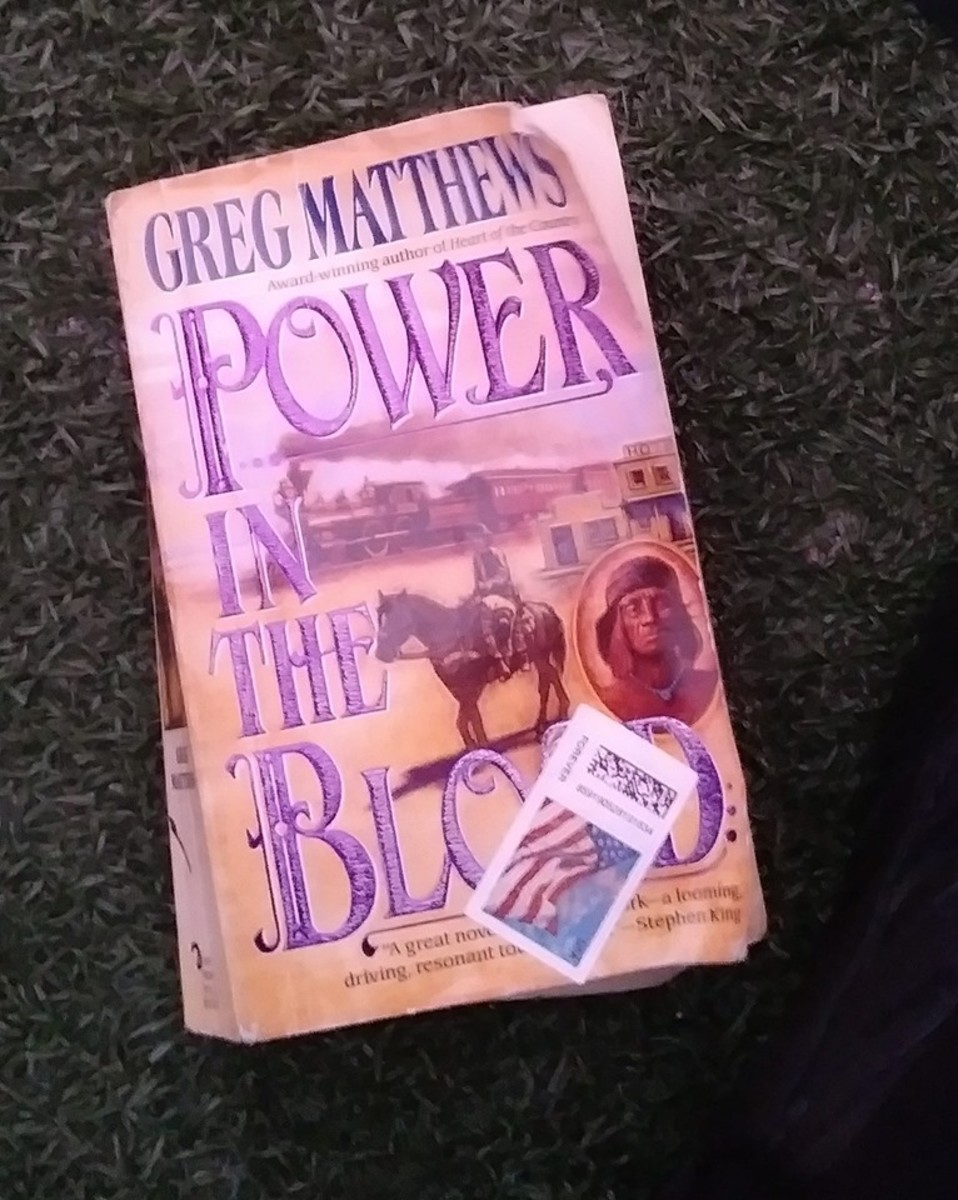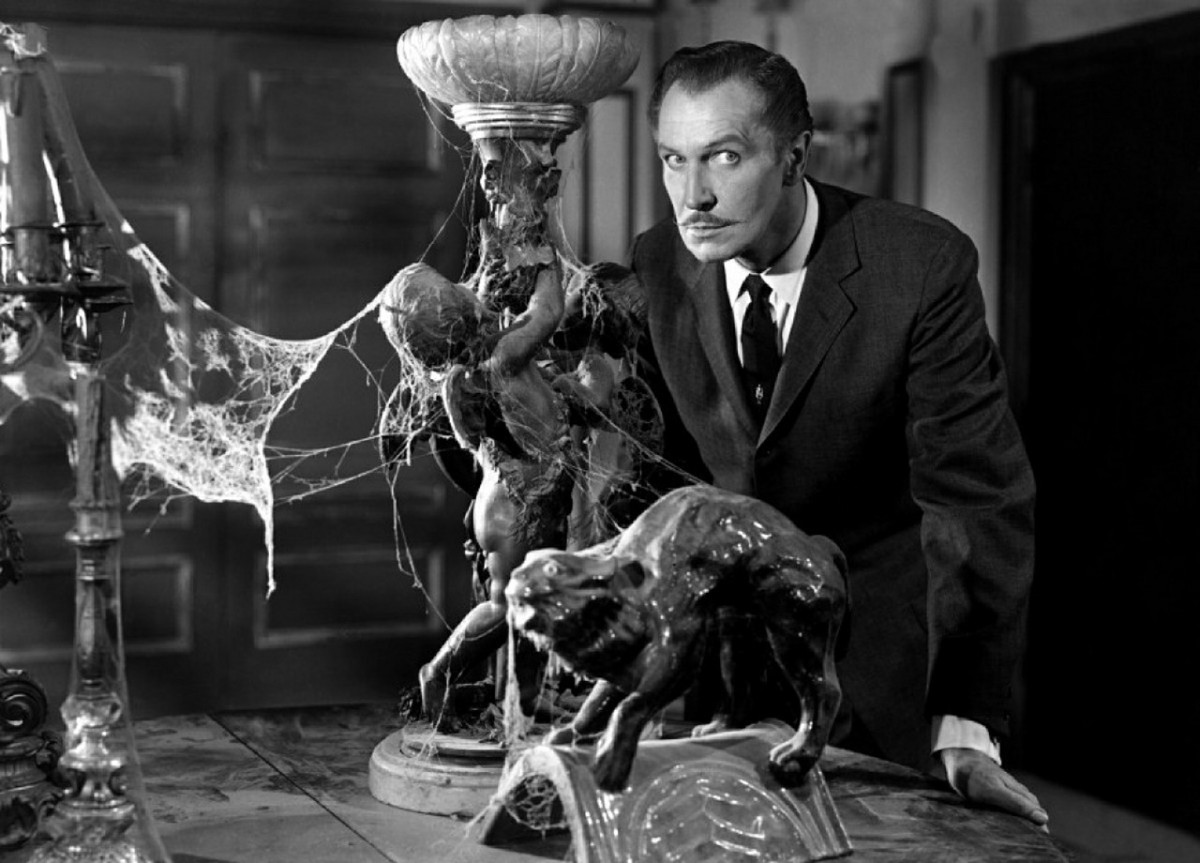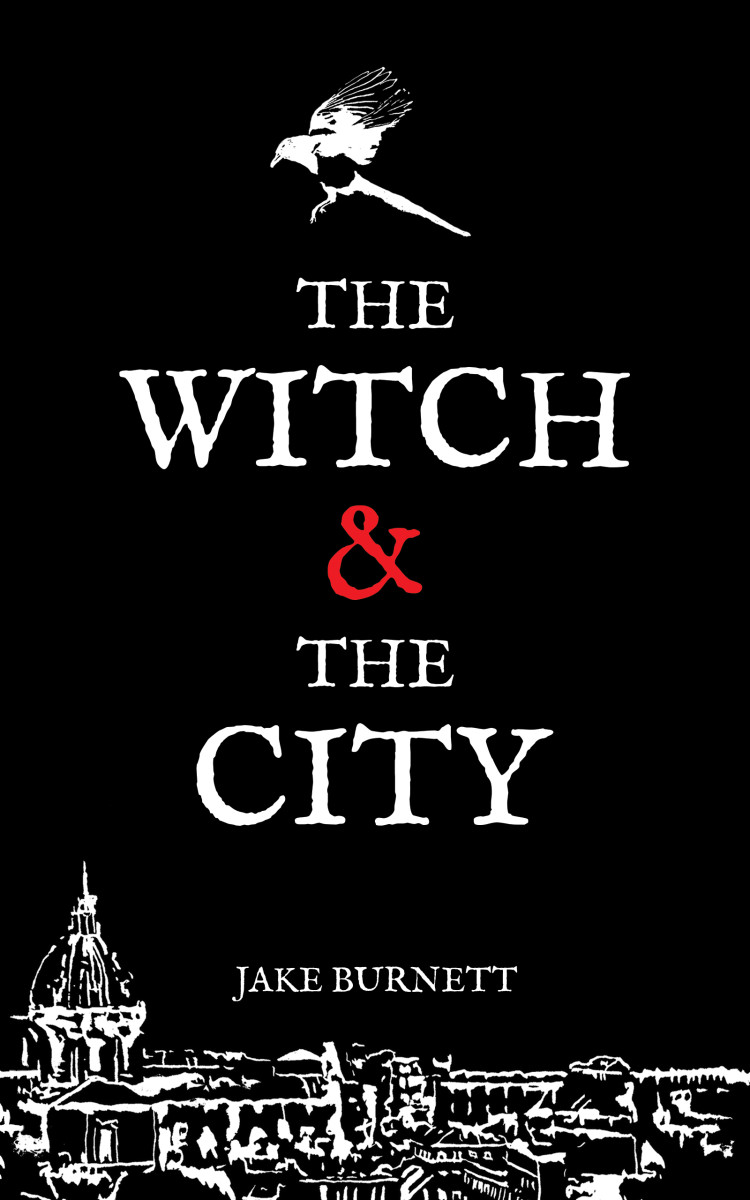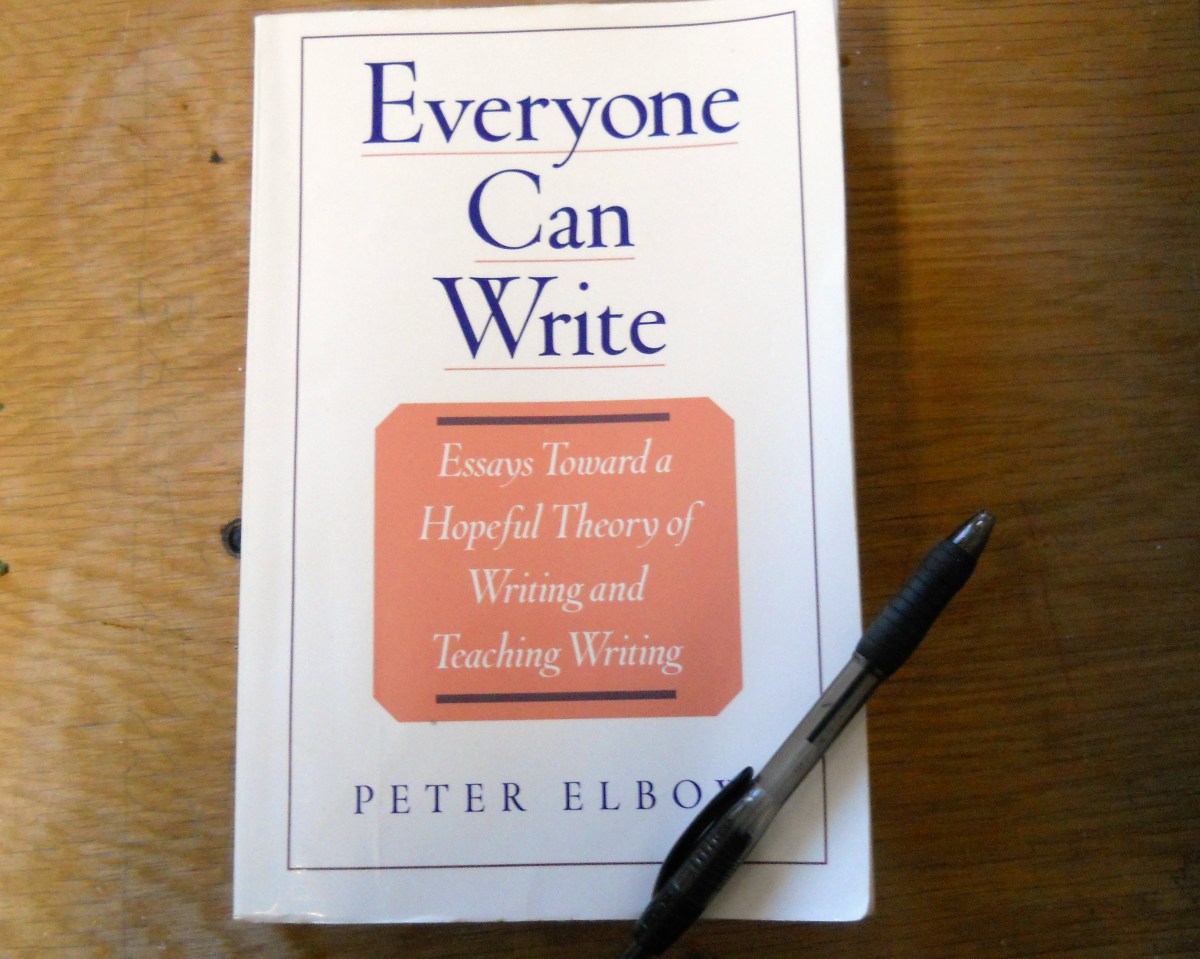On Writing: A Stephen King Book Review
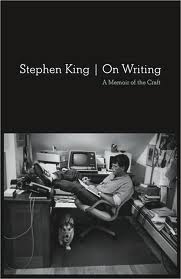
Introduction
From his memories of childhood to the art of writing, Stephen King hits a grand slam with On Writing, A Memoir of The Craft. Published in the year 2000 this little gem delivers a biographical essay stretching from his early years when he was growing up with his brother David to the tragic accident when a drunk driver traveling along route 5 near his hometown struck and nearly killed him. He also describes his drug and alcohol addiction as a young writer. King's addiction was so bad at one point that he barely remembers writing the bestselling book, Cujo. The latter part of the book is dedicated to the craft of writing, what it is and how to deliver a story that leaves the reader thirsting for more. King emphasizes the most important rule in writing, which is telling the truth. He also gives the reader a formula for success. King holds nothing back as he tells it like it is. Starting with his first successful book Carrie, Stephen King has built an empire that is still thriving today.
The Early Years
At an early age when he was in the first grade, young Stephen King displayed a voracious reading habit. He was addicted to comic books. Naturally, he began having a desire to write. One time, he rewrote a Combat Casey comic book word for word. When he showed it to his mother she asked him if he wrote this comic and he had to reply no, he didn't. His mother seemed disappointed and told Stevie those Combat Casey comics were just junk. She told him he could do better and challenged him to write one of his own. King recalls the feeling he got when his mother challenged him. He said, "I remember an immense feeling of possibility at the the idea, as if I had been ushered into a vast building filled with closed doors and had been given leave to open any I liked. There were more doors than one person could ever open in a lifetime, I thought." King eventually wrote a story about magic animals that rode around in a car helping kids. The story was four pages, written in long hand. His mother read the story and he could tell she liked it. She told him it was good enough to be in a book. He said, "nothing anyone has said to me since has made me feel any happier." The first story King ever published was in a horror fanzine issued by Mike Garrett of Birmingham, Alabama. It was a Novella entitled, "In a Half-World of Terror," although Stephen liked his title better, "I Was a Teen-age Grave Robber." Later on in his teen years he tells us about a spike in his bedroom wall that served as a hanging post for his rejection notices. According to Stephen, that spike held up rejection after rejection notice. One thing that kept Stephen going was persistence. One day when he was going through some old items in the attic he happened upon a box of manuscripts. According to his mother the manuscripts belonged to his father, Donald Edwin King. Along with the manuscripts were rejection notices. The rejection notices told the elder King to keep on writing. There were compliments from editors hinting that he was a talented writer. These compliments showed promise for the aspiring writer. When King asked his mother why his father did not pursue his writing she simply said, "your father did not have any persistence Stephen. That is why he walked out on the marriage, why he walked out on us. He is not a published writer because he did not have persistence." Those words fell on fertile ears. One thing Stephen King has is persistence, and then some. In June of 1969, while in college, Stephen met Tabitha Spruce. A year and a half later they were married and she became Tabitha King, the love of his life. Three years later they had two kids. Stephens mother knew her son wanted to be a writer and she encouraged him to get a teaching credential so he would always have something to fall back on. After working a hard job with low wages in the laundry industry he finally found a job teaching English for sixty-four hundred dollars a year. He kept his laundry job as well. Times were tough financially, and two children didn't make it any easier. By the winter of 1973 the King family was living in a double wide trailer in Hermon, Maine. Stephen was working on a book entitled, Carrie, the story of a teen-age girl Carrie White who possessed telekinetic powers. Stephen was writing Carrie on his wife's portable Olivetti typewriter in the laundry room of his trailer. King said he would put the typewriter on a children's desk which he was balancing on his lap. One of the problems he had while writing Carrie was that he understood absolutely nothing about teen-age girls. His frustration reached a boiling point and he threw the story in the wastebasket. The next night when he came home from school Tabitha had taken the pages out of the waste basket and she read what he had written. Tabitha said, "I really think you've got something here." She was smiling as she continued, "I want you to finish it." Stephen recalls Tabby (his nick name for Tabitha) helping him through the book with tips on understanding the teen-age girl and being able to explain things in a truthful way. Stephen wrote that book and sent the manuscript to Doubleday and promptly forgot about it. Some time passed and Doubleday tried to call but the Kings phone had been cut off due to financial hardship. Instead, Doubleday sent a telegram to the King residence with the following note, CARRIE OFFICIALLY A DOUBLE DAY BOOK. IS $2500 ADVANCE OKAY? THE FUTURE LIES AHEAD.LOVE, BILL. From that day on everything Stephen King wrote turned to gold. Book and movie deals seem to come to him with relative ease.
Drug Addiction
Stephen King writes that he got drunk for the first time in 1966 on a senior class trip to Washington. By 1985 he added a drug addiction to his alcohol problem, yet he was still able to function on a marginally competent level. The first twelve years of his marriage he was building up defenses, rationalizing and hiding his drugs. Like most alcoholics he would go to a restaurant and see someone with a half glass of wine, not understanding why that person does not finish the glass. He wanted to get up, go over to that person and yell, "finish that! Why don't you finish that?" into his or her face. King found the idea of social drinking ludicrous. As the drinking and drugging went on he would ask himself what would happen to him without the dope? In late 1985 and early 1986 King wrote Misery and said the title described his state of mind. In the spring and summer of 1986 he wrote The Tommyknockers, often working until midnight with his heart racing at a hundred thirty beats a minute and cotton swabs stuck up his nose to stem the coke-induced bleeding. Tommyknockers was about aliens and one could get super energy and superficial intelligence from these aliens. The price you gave is your soul. This was the best metaphor King could give for his drug and alcohol problem. Tabitha, realizing that Stephen was not going to win this battle on his own decided to have an intervention with family and friends. From a trash bag she began dumping beer cans, cigarettes, cocaine, coke spoons caked with blood, Valium, Xanax, cough syrup, NyQuil cold medicine and bottles of mouthwash onto the floor in front of Stephen. The mouthwash because Tabitha noticed huge bottles being purchased and consumed. She told Stephen he could get help at a rehab or he could get the hell out of the house because his family was not going to stand by and watch him kill himself. Like most addicts he began to bargain and tried to set the terms and conditions of his road to recovery but she was having none of it. The message was loud and clear, go to rehab or get out. As I told you in the introduction, King was in such bad shape he barely remembers writing Cujo. In the end he got sober and found the beat to his writing again. King says writing is a lonely profession and having a vice is an easy outlet for writers. His biggest concern was that, after being sober, he would never be able to write again. He worked through that falsehood and found happiness. Asked if he could still write while sober King Said, "it was still there. Once the pipes were thawed out and the electricity was turned back on, everything worked fine."
On Writing
What is writing? According to Stephen King it is telepathy. All the arts depend on telepathy to some degree. It is King's contention that writing offers the purest distillation of telepathy. King describes his office (writing place) as a far seeing place. A place he has built for himself. A place where he does his transmitting, if you will. When we read something, anything, we are in receive mode. So when we are reading Stephen King he is transmitting and we are receiving. Telepathy is as simple as that, and it is beautiful. This mentalist routine, according to King, is performed over distance and time. He also describes this as a meeting of the minds, when reader and writer get together. Transmitting, or writing is a special craft. You will need tools he explains. You will need a toolbox to store your tools. As writers, our toolbox should have at least three levels for our tools. King goes on to tell us that we already have most of our tools with us. The most common tools should go on top. The most common tool is vocabulary. He says it is not how much vocabulary we have but how we use it that counts. He calls vocabulary the bread of writing. In his book, King gives multiple examples on how to use vocabulary. So, put your vocabulary on the top shelf and don't make a conscious effort to improve it. That will come as you read. One thing King emphasizes is the read a lot write a lot rule. Constant reading makes you a better writer. He doesn't spend much time going over grammar, he says, because he doesn't need to. King is quick to note that one either understands grammatical principles through conversations and reading or one does not. One book that King raves about in On Writing is The Elements of Style by William Strunk. According to King, everything we need to know about grammar is in that book. All the tools and rules of grammar that King touches on and what The Elements of Style teaches should be the second level of your toolbox. The third level of your toolbox is where you begin to write real fiction. This is where the fun stuff is. In his book, King goes into detail describing every level. He is a master at explaining this and the book has a poetic flow to it, written in a way that only King can write. He goes on to talk about bad writers and good writers, always using examples to make his point. The heart of the book has two theses. The first is that good writing consists of mastering the fundamentals (vocabulary, grammar and the elements of style) and then filling the third level of your toolbox with the right instruments. The second is that while it is impossible to make a competent writer out of a bad writer, and while it is equally impossible to make a great writer out of a good one, it is possible, with lots of hard work, dedication, and timely help, to make a good writer out of a merely competent one. King admits this idea is rejected by lots of critics and plenty of writing teachers but he stands by his words.
Final Words
On Writing is a short book (291 pages) and a great read. I enjoyed the first part of the book because it set the stage and gave me a glimpse into King's life and what made him the man he is today. Whether you are a Stephen King fan or not, his record as a writer cannot be disputed. King has never had a book go out of print, which is a testament to his writing. I have come across some online writing courses where On Writing is required reading. At the end of the book King provides a recommended reading list of novels he has read and enjoyed. I encourage everyone, if you are serious about writing, to read the book On Writing. King gets to the point and holds nothing back. Filled with examples and in depth analysis of the writing craft, you will not be disappointed.

